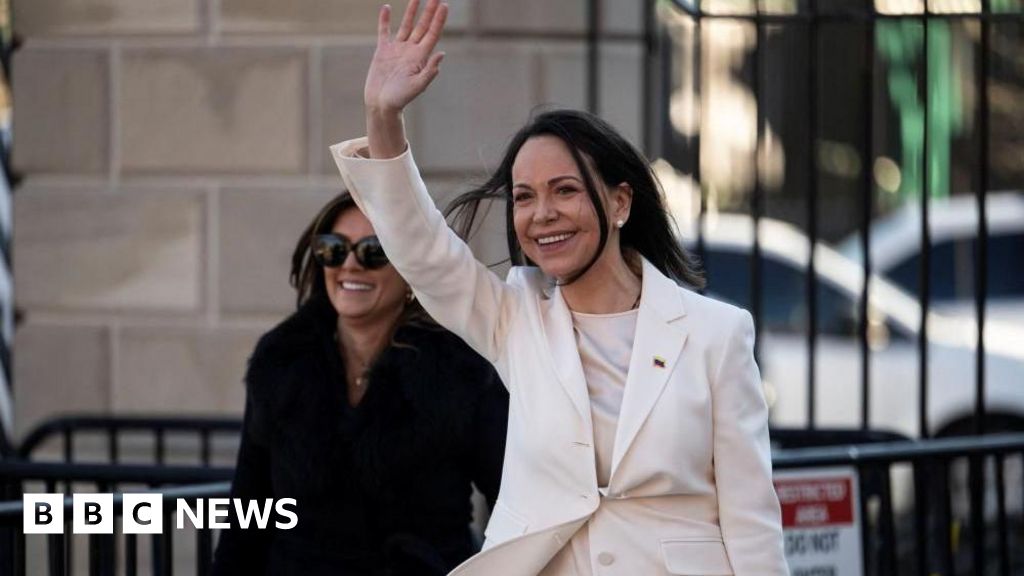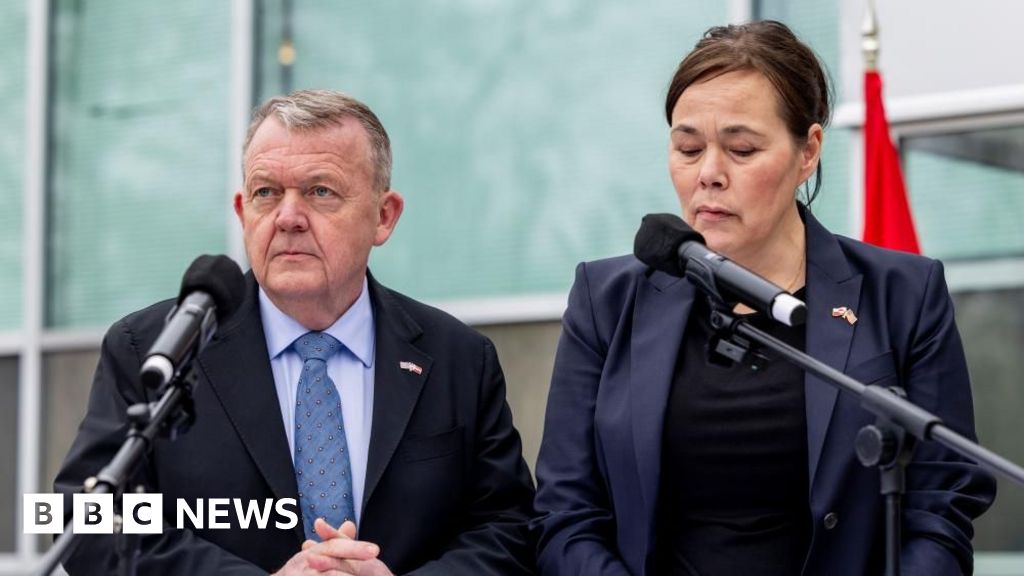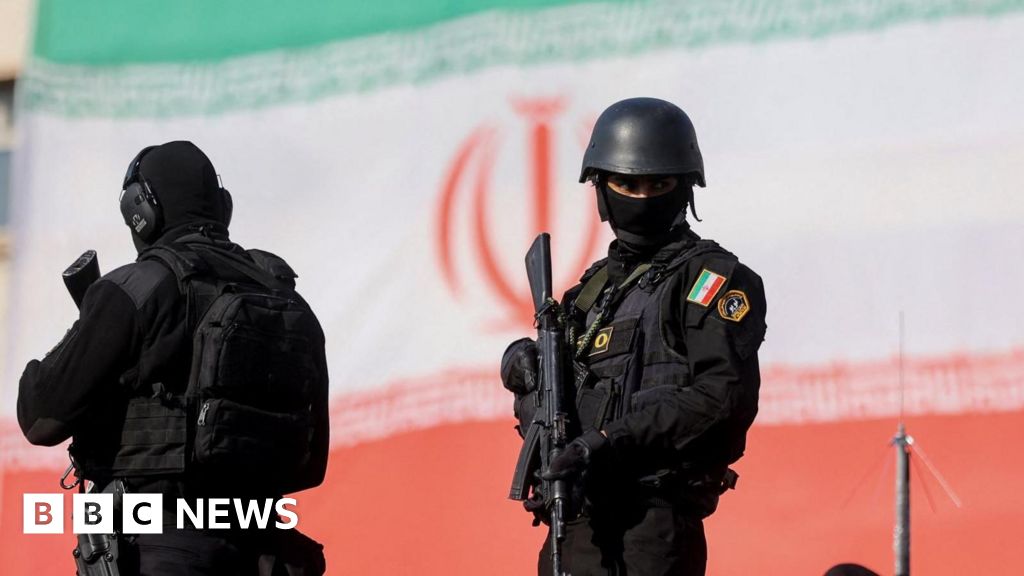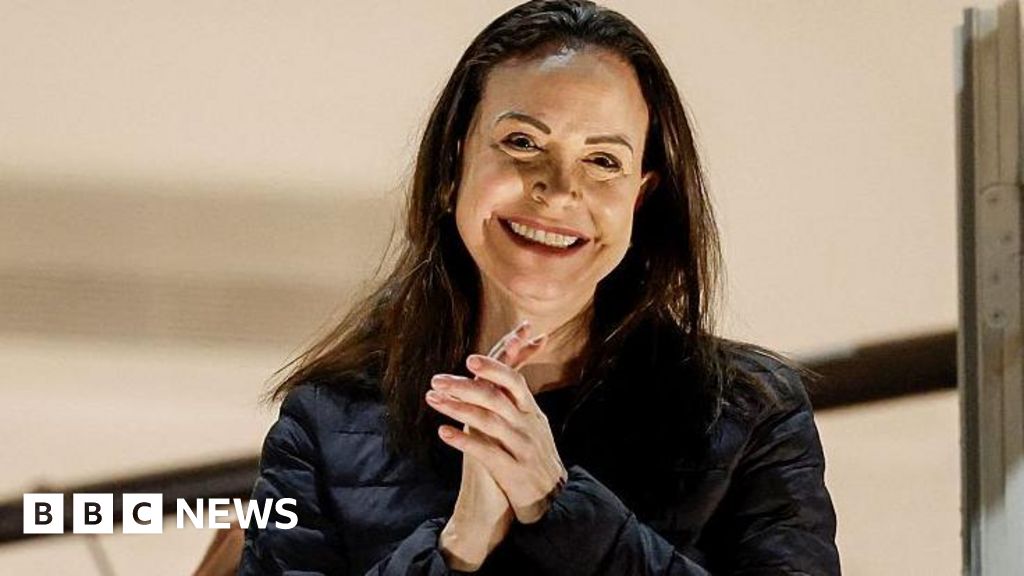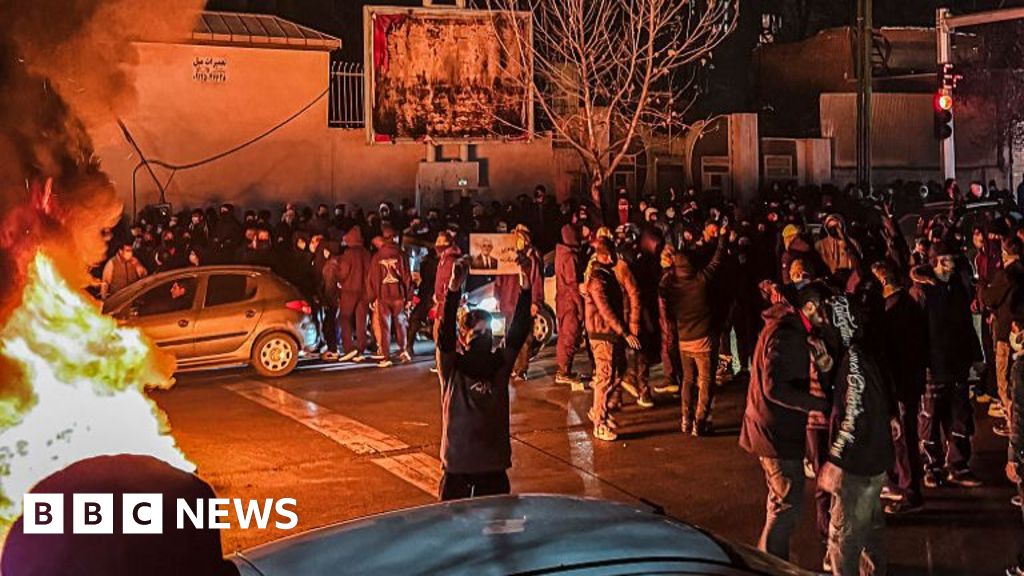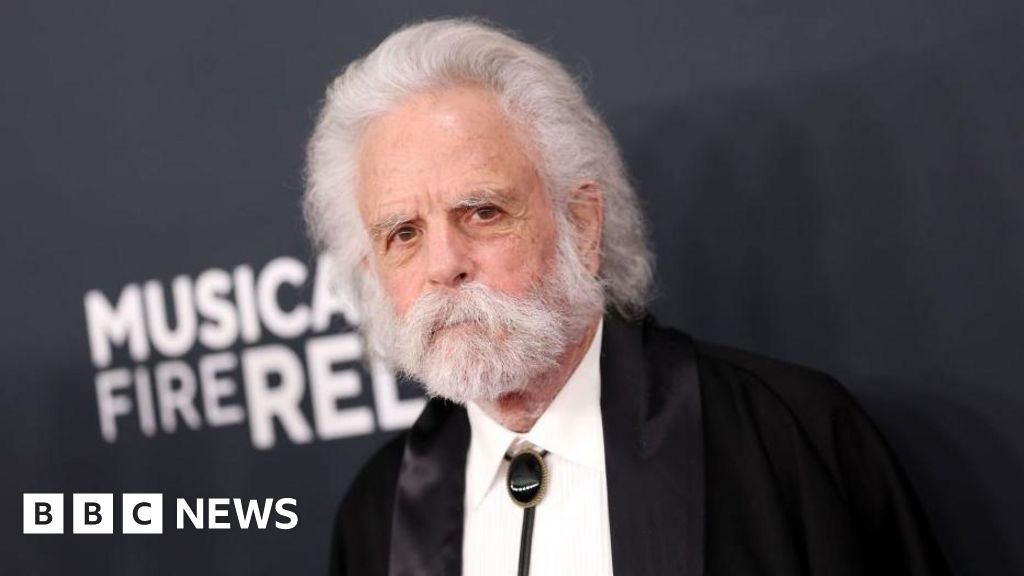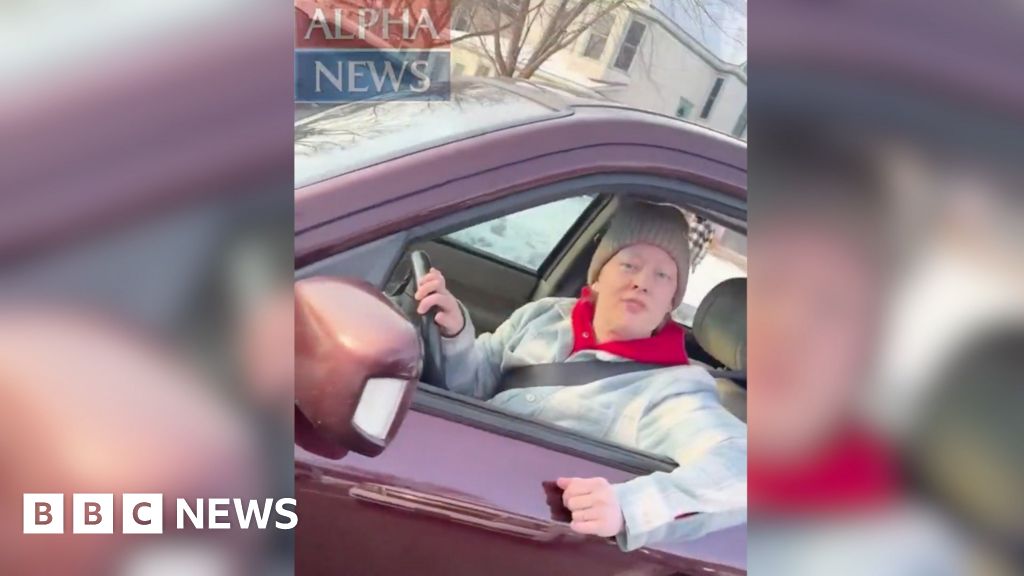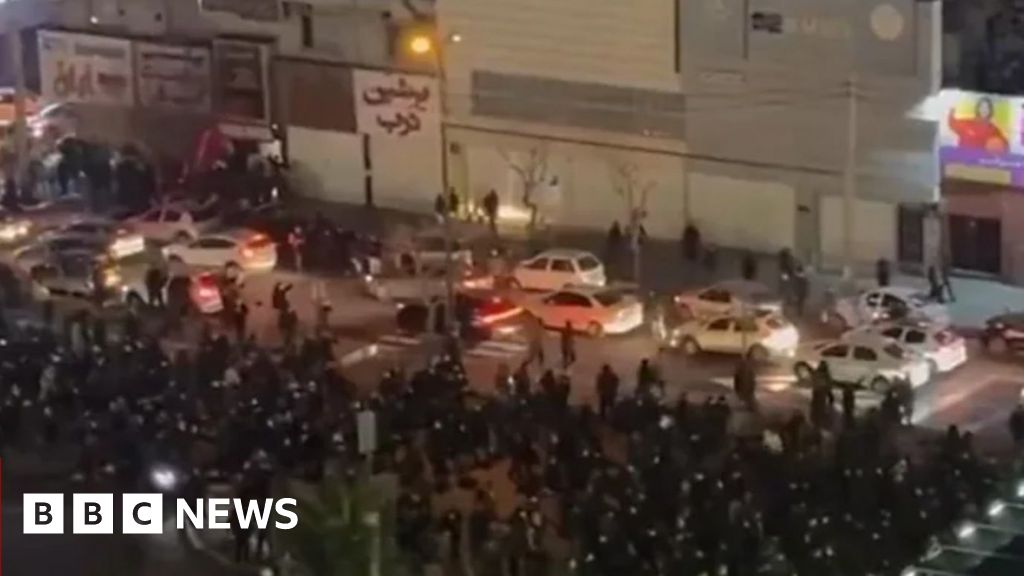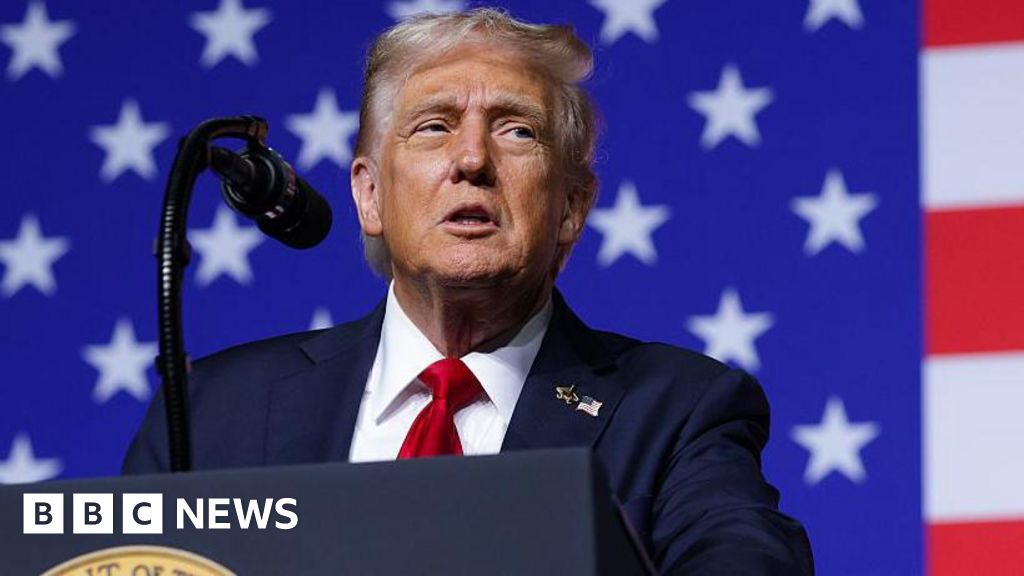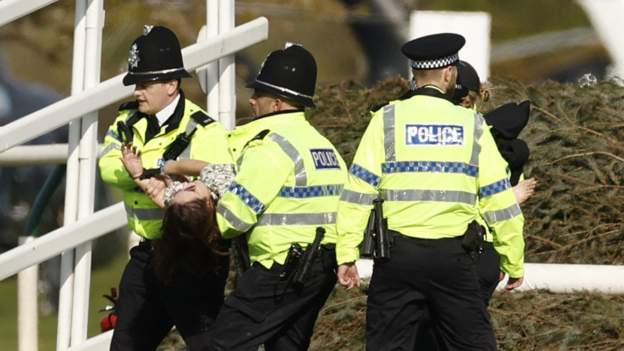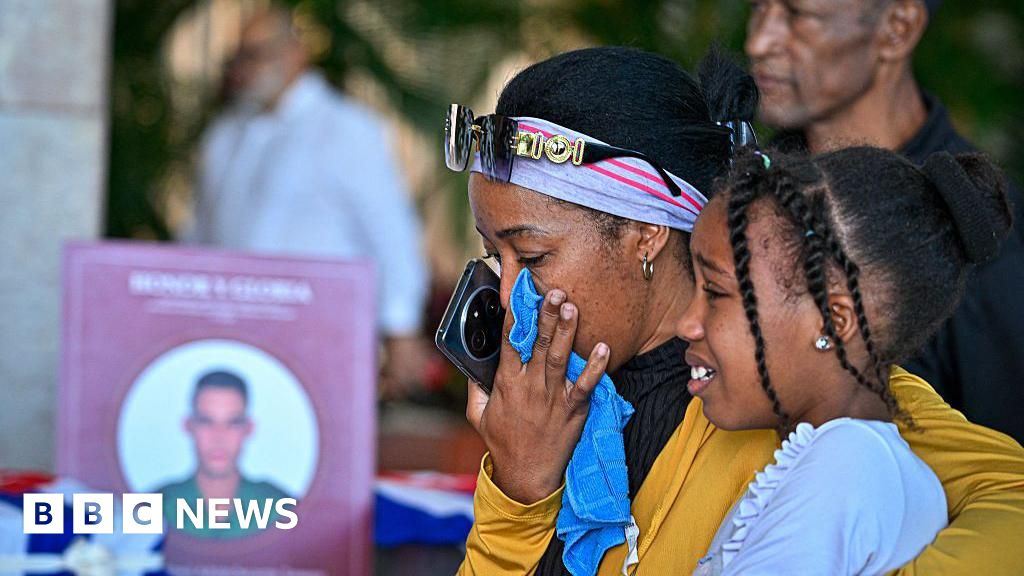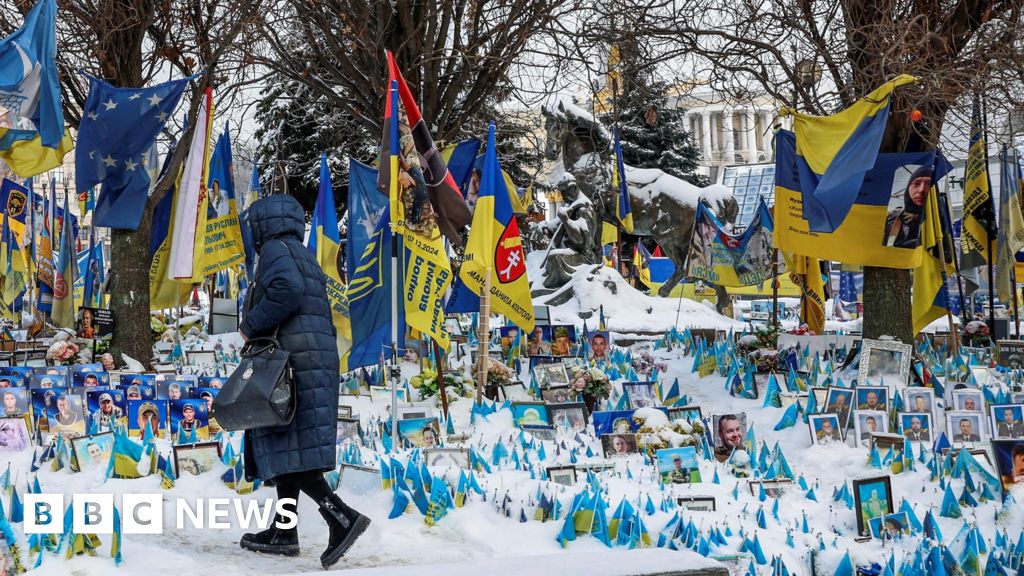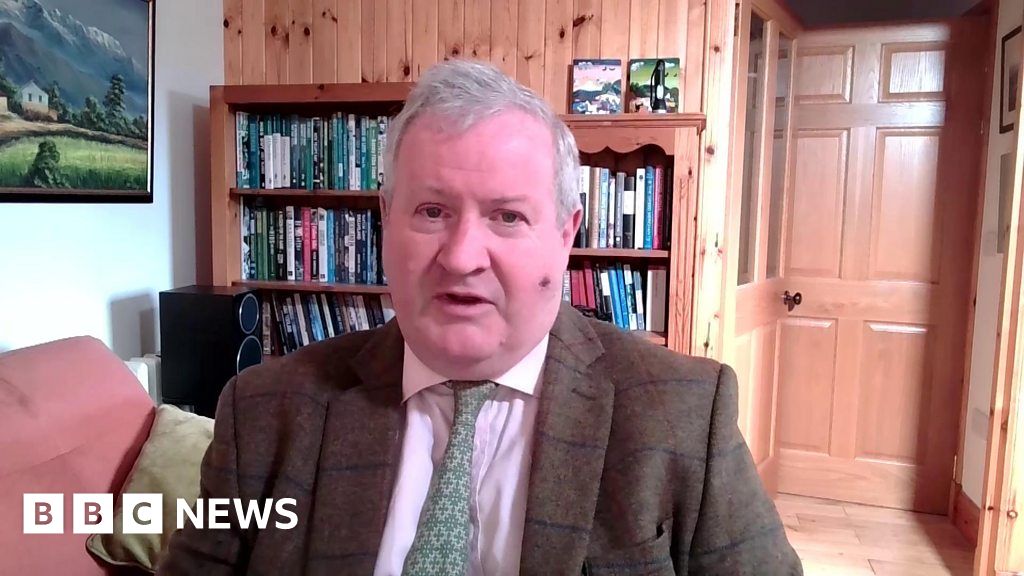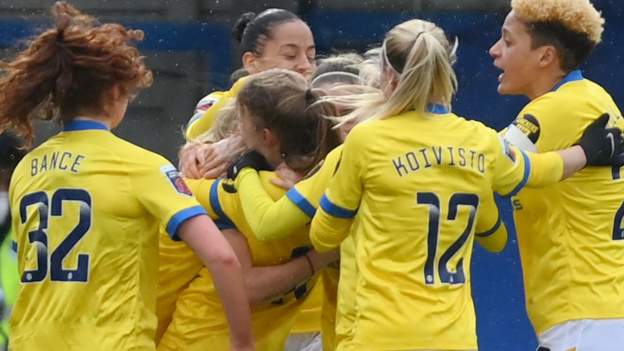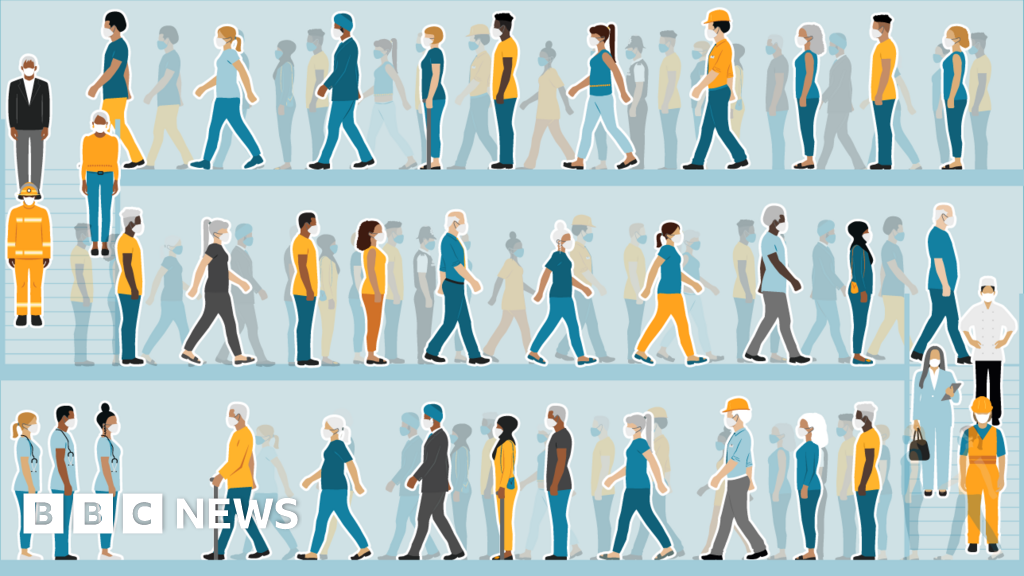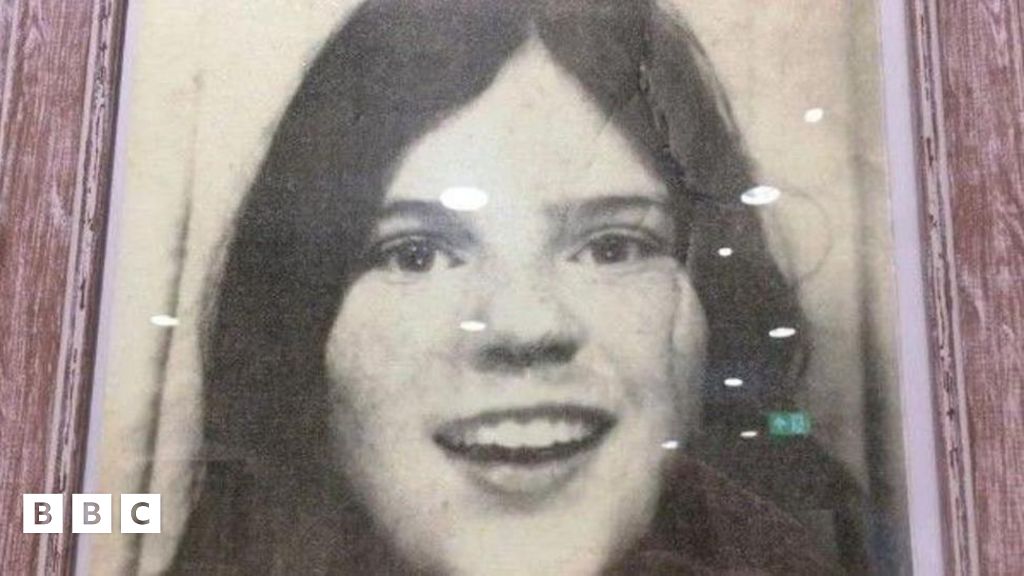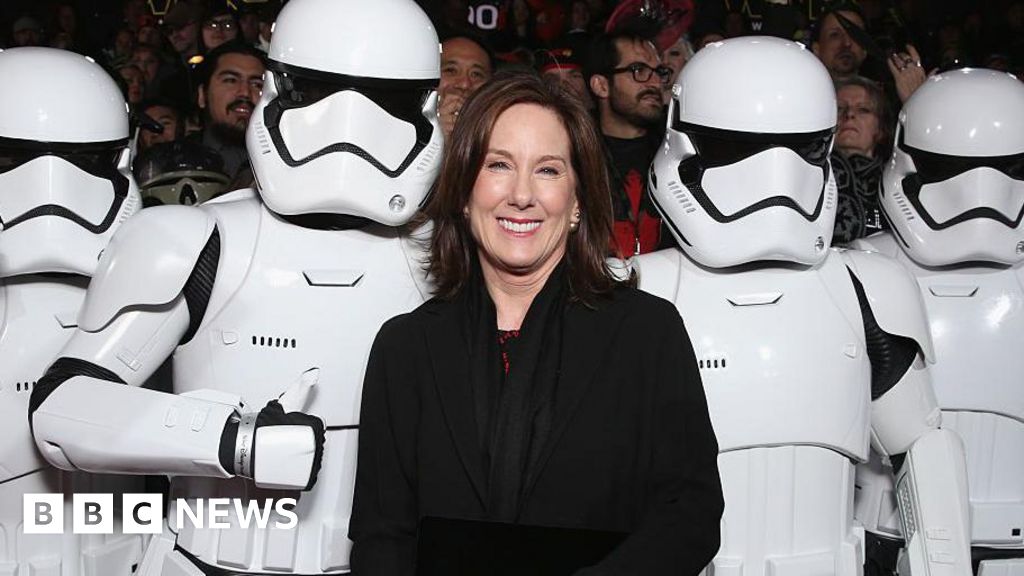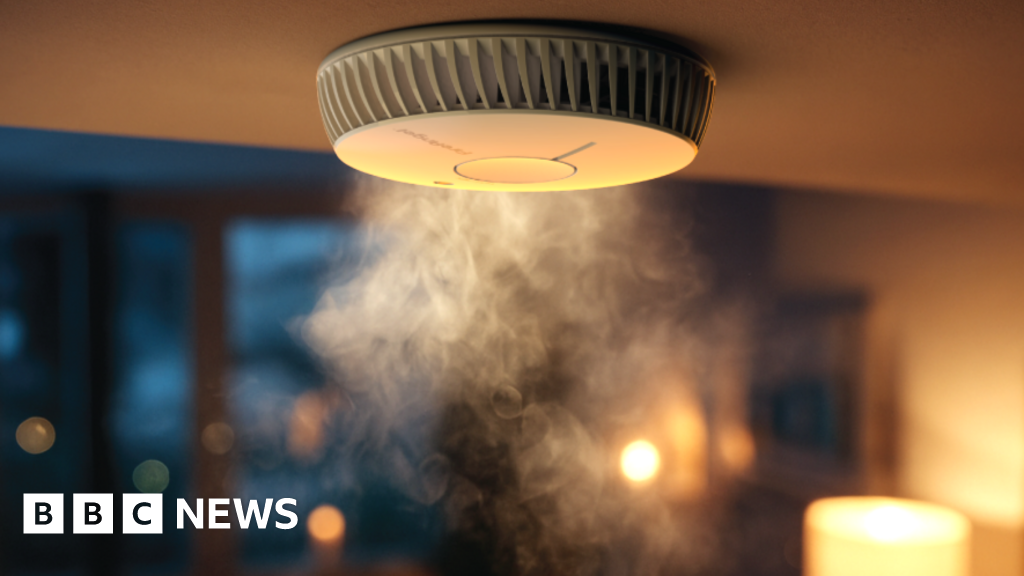The British Horseracing Authority has “robustly condemned” the “reckless” protests at Saturday’s Grand National.
A total of 118 people were arrested after animal rights activists – demonstrating against the staging of the race – delayed the start by getting on to the Aintree course.
Three horses died during the three-day meeting, including National runner Hill Sixteen.
The BHA says it will analyse the races to understand what caused the deaths.
Merseyside Police said on Sunday: “Of the 118 arrests, 65 people were taken into custody and are being processed and will be bailed pending further enquiries.
“They were arrested on suspicion of a number of offences including conspiracy to cause public nuisance, obstructing highways and possession of controlled drugs.”
The police added those arrested were “men and women aged between 18 and 66 years old and came from as far as Kent, Southampton, London, Essex, Swansea, Falkirk and Glasgow” to the course in Merseyside.
Climate and animal rights group Animal Rising, who claimed on social media their supporters entered the track to delay the race, said 42 people were de-arrested, though this was not confirmed by Merseyside Police.
Animal charity the RSPCA called on Britain’s horse racing governing body to “review the circumstances of each of the sad deaths at Aintree, so that we never again exit a ‘festival of racing’ with three dead horses”.
In a statement, BHA chief executive officer Julie Harrington said: “The BHA and Aintree racecourse will now analyse the races in painstaking detail, as is the case every year, to build on our existing data and help us understand what caused these incidents.”
She said improvements in welfare standards has seen the death rate in the sport reduced by a third in 20 years to 0.2% of runners.
Four horses died at the Aintree meeting last year, including two injured in the Grand National, which is the climax of the annual race meeting.
There have been five deaths from 395 runners in the 10 Grand Nationals raced since safety changes were introduced in 2012.
Two other horses in this year’s National – Recite A Prayer and Cape Gentleman – were treated on course and taken away by horse ambulance for further assessment.
Trainer Willie Mullins told Racing TV that Recite A Prayer will be fine following a “little procedure” on a fractured eye socket sustained when running loose after jockey Jack Foley was knocked off.
Trainer Shark Hanlon earlier told Racing TV that Cape Gentleman was having surgery on Sunday for a severed tendon, which is a “career-ending” injury – but added his owner will do “whatever it takes” to save the horse’s life.
Dark Raven was put down after a fall in the Turners Mersey Novices’ Hurdle earlier on Saturday.
And on the first day of the meeting on Thursday, Envoye Special died after a fall when running loose over the Grand National fences in the Foxhunters’ Chase.
‘Protests will not diminish National’s enduring international appeal’
The National started 14 minutes later than its scheduled start time of 17:15 BST because of protesters who gained access to the track.
The 118 arrests also included those held before the race on Saturday morning and in relation to a protest that blocked the M57 motorway.
“We respect the right of anyone to hold views about our sport but we robustly condemn the reckless and potentially harmful actions of a handful of people in disrupting the race at a time when horses were in the parade ring,” added Harrington.
“Those involved in British racing are rightly proud of our sport and the role it plays in providing an unparalleled quality of life for horses bred for racing. Love and respect for horses is at the heart of everything we do.
“The Grand National is and always will be an iconic sporting event and the actions of a small number of people will do nothing to diminish its huge and enduring international appeal.”
Animal Rising said their actions “aimed to prevent” the death of horses.
“We want to offer our deepest condolences to anyone connected to Hill Sixteen or who has been impacted by their death,” the group said.
“Horse deaths and injuries are an unavoidable consequence of the way we use animals for sport.
“The only way to prevent more harm from coming to these beautiful creatures is by completely re-evaluating our connection to them and finding a way of loving them that doesn’t put them in harm’s way.”
Animal Rising also said they would “welcome dialogue” with Hill Sixteen’s trainer Sandy Thomson and owner Jimmy Fyffe about “how to move forwards together and really transform our relationship to horses and, indeed, to all animals and nature”.
